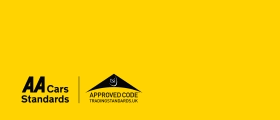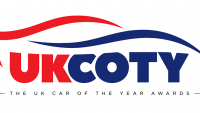
MARSHALL Motor Group has published its 2010 results and its boss has revealed his plans for the group.
Overall turnover for the year ending December 31, 2010 was £600m – that’s a 28.3 per cent rise of 2009’s £467m figure, while profits increased a strong 69 per cent to £9.43m.
Like-for-like new retail sales rose 11 per cent, while used retail rose five per cent. Parts net profit on a like-for-like basis was up five per cent, and after sales absorption hit 77.35 per cent.
‘This is a very key metric in our industry,’ said Daksh Gupta, Marshall’s chief executive. ‘As new sales become more challenging, the more you can cover your overheads with aftersales, de-risks your business. So far in 2011 we are running at 80 per cent.’
2010’s performance has taken Marshall to tenth in motor groups by size ranking, meaning the family-run business in the second largest private motor retail group.
New clients for Marshall leasing included blue-chip companies, while, overall, Marshall group added 28 new businesses to its portfolio taking the number to 67 since 2009. All acquisitions were funded from the group’s own profits, and all have been cash generative.
Gupta has also revealed his two-step plan to make the motor group the premier automotive retail and leasing group.
Part one focuses on performance optimisation by delivering outstanding customer satisfaction, demonstrating operational excellence, building strong relationships with partners, and about being a great place to work.
Meanwhile, part two concentrates on growth and development. ‘Part of the reason why we took the strategic decision to grow the business was we realised that there’s a massive opportunity in the current climate to acquire businesses at prices which represented value,’ Gupta exclusively told us.
‘There’s also a lot of businesses who are struggling at the moment, and we felt that if we could apply our goal to improve our businesses’ performance optimisation to those businesses, we would be able to improve them.
‘We are also growing because throughout our 102 year history, we have been traditionally trading in east Anglia. The problem I have is that we have 13 dealerships in Cambridge and ten in Peterborough. We sell one in three cars in Cambridge, so we’re effectively competing with ourselves. This doesn’t make sense – we need to stop competing with ourselves and push nationally,’ said Gupta.
































